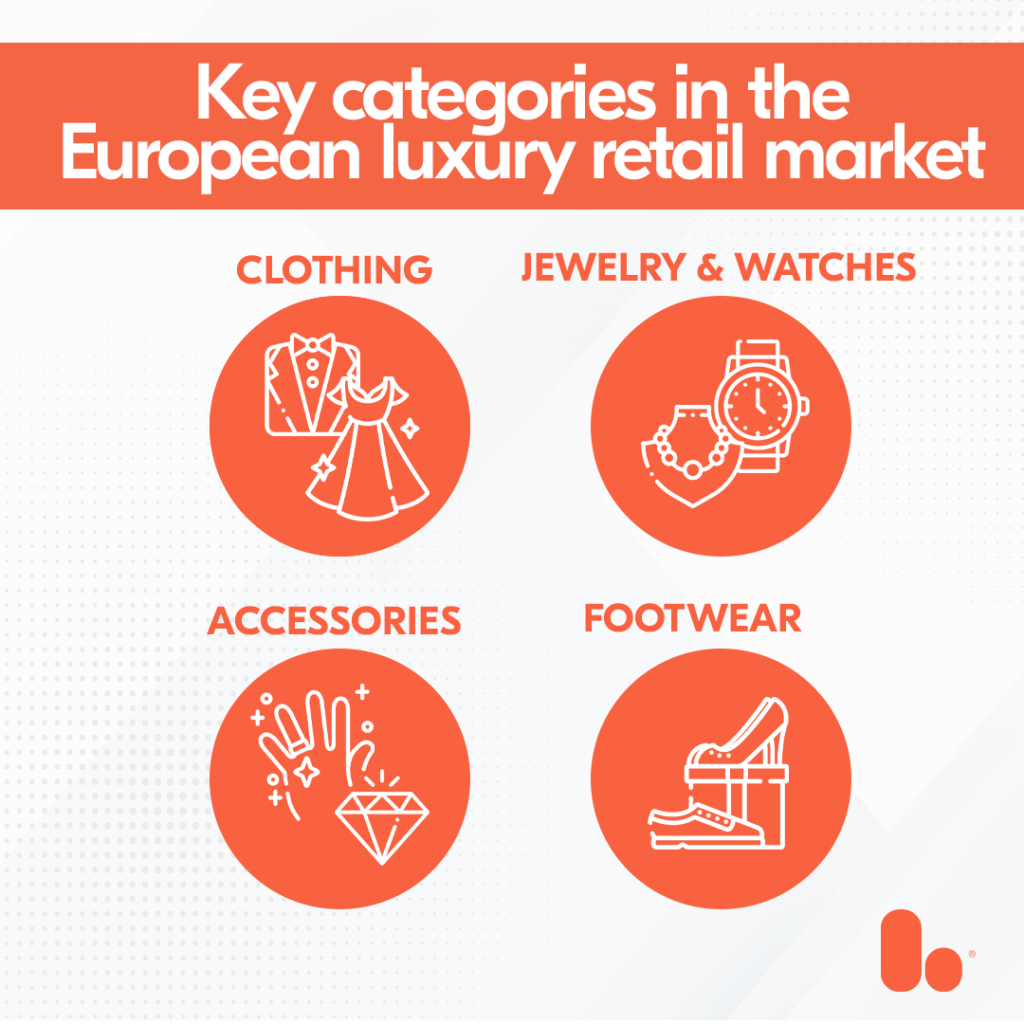EU luxury market: the players and red flags
DISCLAIMER: This post was last modified on 16 April 2024. Some information in this article may not be updated.
As a hotspot for money laundering activities in the region, the EU’s luxury goods sector is taken into the spotlight amid the expanding AML/KYC regulations in the bloc.
Earlier this year, the EU Council and European Parliament announced a preliminary agreement regarding two proposals that are a part of the EU AML Package proposed by the European Commission. These include the sixth (6th) Anti-Money Laundering Directive (“AMLD6”) and the Regulation on the prevention of the use of the financial system for the purpose of money laundering and terrorist financing (“EU Single Rulebook”).
In the first part of our AML series, we’ve provided an overview of the AML rules covering the EU luxury market. This article is the second part of the series, where we discuss the indicators of fraudulent activities and money laundering in the EU’s luxury market.
Different types of luxury goods in the EU


According to a report by Global Data, published 31 August 2023, the key categories in the European luxury retail market include clothing, jewelry & watches, accessories and footwear. With a strong growth projection in the coming years, fashion accounts for the majority of sales in the personal luxury goods market globally. The same report states that Italy, Austria, Belgium, Bulgaria, Czech Republic, Denmark, Finland, France and Germany are some of the major markets in the European luxury retail sector.
Further, Statista highlights that the luxury fashion market in Europe is expected to generate a substantial revenue of US$45.34 billion in 2024 and expand at a stable annual rate of 3.57 per cent (CAGR 2024-2028).
Importance of KYC/AML in the EU and global luxury market
The luxury goods industry faces the same risks of money laundering and terrorist financing as financial institutions like banks, insurance companies and other monetary services. In this case, the market will benefit from establishing customer due diligence guidelines to obtain information about buyers and sellers before any sale or purchase of high-value items. Solid KYC procedures and effective AML screening solutions play a role in monitoring suspicious activity and tracking down possible offenders.
Getting to know the players in the luxury market
HNWI
Due to their significant assets, high-net-worth individuals (HNWIs) are under increased scrutiny as a result of the new AML laws in Europe. HNWIs may face more paperwork and inquiries to ensure that their financial activities have no link to any illicit activity, such as money laundering.
Amid these regulatory developments, they may be required to provide additional documentation proving the source of their funds.
Art Dealers and Galleries
The art market often becomes a target of money laundering. For this reason, art dealers must comply with a number of more stringent AML directives and regulations.
Under the EU’s fourth AML directive, art dealers are subject to obligations which include ongoing monitoring, record-keeping requirements, customer due diligence and reporting suspicious activity. Meanwhile, art market participants, such as art dealers, are now subject to additional anti-money laundering obligations under the fifth AML directive. The sixth AML directive, on the other hand, requires AML screening and customer due diligence (CDD) for all market actors, imposing higher penalties for noncompliance.
Luxury Goods Resellers
Anti-money laundering regulations significantly impact the luxury goods resellers operating in the EU luxury market brought about by (a) due diligence requirements, (b) enhanced customer identification procedures, (c) record-keeping requirements and (d) transaction monitoring and reporting.
Considering the implementation of the AML regulations, reselling luxury goods in the EU calls for strict adherence to compliance measures, improved due diligence protocols and ongoing monitoring to reduce the possibility of money laundering and other illegal financial operations.
Cash Buyers
AML regulations make it more challenging for cash buyers to engage in the EU luxury market without being subject to thorough scrutiny and due diligence. In high-value markets like luxury real estate, these regulations seek to prevent criminals from laundering money. Aside from increased scrutiny, expanding AML regulations may also result in extensive documentation requirements, transaction monitoring and compliance costs for cash buyers.
Conclusion
The high risk of financial crime in the luxury sector, particularly in the EU, makes anti-money laundering (AML) crucial. Robust AML measures may deter any illegal activity, considering the industry is highly exposed to money laundering. Market players need to understand the relevance of AML and the threats related to the luxury goods market so they can work toward developing effective compliance techniques to safeguard their businesses and the sector’s integrity.
In the next part of this series, we will explore the implementation of KYC/AML in the luxury sector in the EU.
Partner with Bolder Group
Working with Bolder Group will help you stay up to date on regulatory changes and benefit from top-notch technology so you can easily adapt to various global requirements. With our extensive governance and compliance solutions, you can stay abreast of compliance trends and grow your business while staying compliant despite the expansion of different regulations.
To learn more about the AML and KYC regulations in the EU, you can download our free resource here.
Ready to discuss your compliance needs? Contact our experts today.
Bolder Group does not provide financial, tax or legal advice and the information contained herein is meant for general information purposes only. We strongly recommend that before acting on any of the information contained herein, readers should consult with their professional advisers. The Bolder Group accepts no liability for any errors or omissions in the information, or the consequences resulting from any action taken by a reader based on the information provided herein.
Bolder Group refers to the global network of independent subsidiaries of Bolder Group Holding BV. Bolder Group Holding BV provides no client services. Such services are provided solely by the independent companies within the Bolder Group which are each legally distinct and separate entities and have no authority (actual, apparent, implied or otherwise) to obligate or bind Bolder Group Holding BV in any manner whatsoever. The operations of the Bolder Group are conducted independently and have no affiliation with third party financial, tax or legal advisory firms or corporations.
